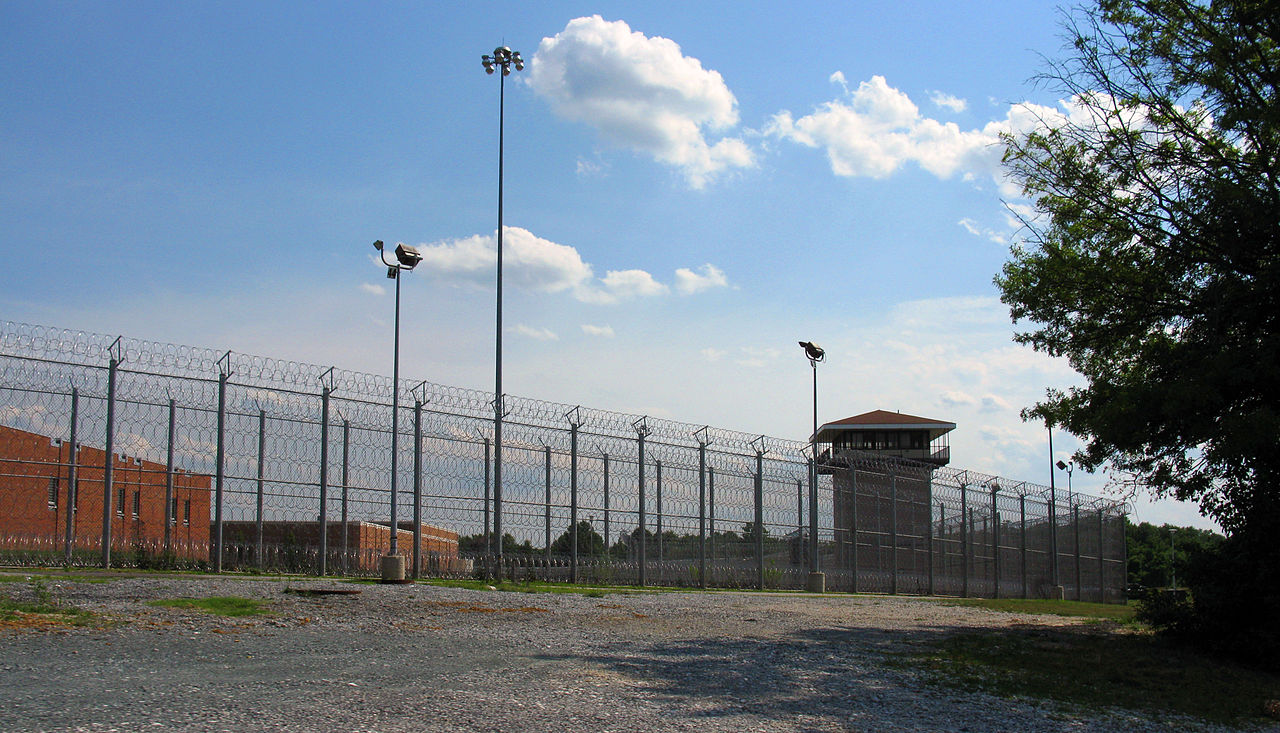Views expressed in opinion columns are the author’s own.
The criminalization of mental illness plagues our justice system. This truth is especially stark in the case of an Eastern Shore man who recently pleaded guilty to attempted suicide. The man, whose name The Baltimore Sun kept confidential, was arrested in 2016 when a relative reported that he had a gun and was threatening to kill himself. A state trooper who arrived on the scene noted the man was deeply disturbed, and was pleading for the trooper to kill him.
In Maryland, it’s illegal to assist someone else in suicide, but the law has no provision that dictates punishment for people who have attempted suicide themselves. Nevertheless, the District Court Commissioner charged the Eastern Shore man with attempted suicide and reckless endangerment.
[Read more: “Terps Take Care” event aims to raise awareness of mental health at UMD]
The idea of charging a person for attempting suicide comes from common law, in which a judge has complete discretion over what penalty is enforced. Historically, common law crimes in the United States come from England; even after the United States declared independence, Maryland decided to recognize common law crimes and continues to do so today.
Joe Riley, the interim prosecutor, told The Sun that the courts were not “trying to put this guy in jail or anything” but instead “trying to get him into mental health treatment.”
But the lack of sufficient mental health treatment for prison inmates in the United States is appalling. Maryland in particular has a history of criminalizing mental illness and struggling to provide accommodations for the mentally ill. According to the Treatment Advocacy Center, a nonprofit organization that advocates for mental illness treatment, the odds of an individual in Maryland with a serious mental illness being incarcerated instead of hospitalized is 2.6 to 1.
The state was under pressure two years ago because it had a shortage of psychiatric beds; this crisis led to several mentally ill patients biding their time in jail until a spot opened up for them in the hospital. The wait time to transfer into the hospital can range from seven days to an agonizing 30 days. Deborah Richardson, former director of the Baltimore County Department of Corrections, emphasized that jails cannot provide the full range of treatments that hospitals can. Furthermore, corrections officers do not have the same training as health professionals, and they can find it difficult to deal with often aggressive, challenging prisoners with mental illnesses.
Earlier this year, the Maryland health department announced it would increase the number of psychiatric beds in Maryland and introduce a bill proposing a maximum of 21 days for hospitals to take in court-ordered patients.
[Read more: UMD needs more mental health resources for its underserved community]
Yet 21 days is still far too long. When someone has a mental illness, they often cannot afford to wait for treatment; in cases like that of the Eastern Shore man, a delay in treatment can become a matter of life or death. The prison environment is not conducive to healing someone who has a mental illnesses.
The greater lesson of this tragic mess is that our prison systems must be radically changed so they can provide the treatment so many inmates need. The man on the Eastern Shore has grabbed our attention because he was charged with the ridiculous crime of attempted suicide — but Maryland failing to treat its mentally ill convicts runs much deeper.
Asha Kodan is a sophomore biology major. She can be reached at ashakodan@ymail.com.



